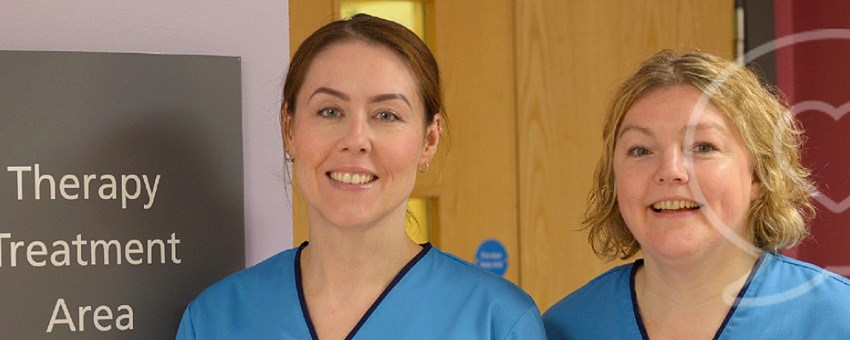Counselling Services
Being diagnosed with cancer can be a deeply distressing time for you and those closest to you. There will be times when you feel you are coping well, but there will also be times when it feels too hard to cope or is taking too long for things to improve. Your emotions and feelings may even be interfering with other aspects of your life, making it more difficult to deal with day to day living.
How you feel can affect how you cope with your treatment and there will be particular times which may feel especially difficult such as at the start or end of a course of treatment.
Caring for someone who has cancer can also be difficult and confusing and the need to talk about your own feelings can be important at this time.
It can be difficult to talk to those closest to you about how you feel. Some people may feel they have no-one to talk to. Therefore, it may be easier to talk to a trained professional. The counsellor in the centre may be able to help you with some of the things you are finding particularly difficult.
How can they help?
Counselling provides an opportunity to help you clarify any worrying thoughts, feelings or difficulties you may be having. Your counsellor will listen to you, try to help you make sense of your feelings, and offer you emotional support in finding ways to deal with them.
The counselling service can offer help with:
- Unclear understanding of the facts relating to a cancer diagnosis and treatment
- Feelings of loss of control or helplessness
- Loss of confidence or self-esteem
- Issues concerning poor body image
- Relationship difficulties
- Fears of treatment and coping with the effects
- Fears of the future and what might lie ahead
Who can use the counselling service?
The service is available to in-patients and out-patients and their immediate relatives before, during or after treatment. If you think that seeing a counsellor may be helpful to you, please ask a member of staff for further details, or to put you in touch.

